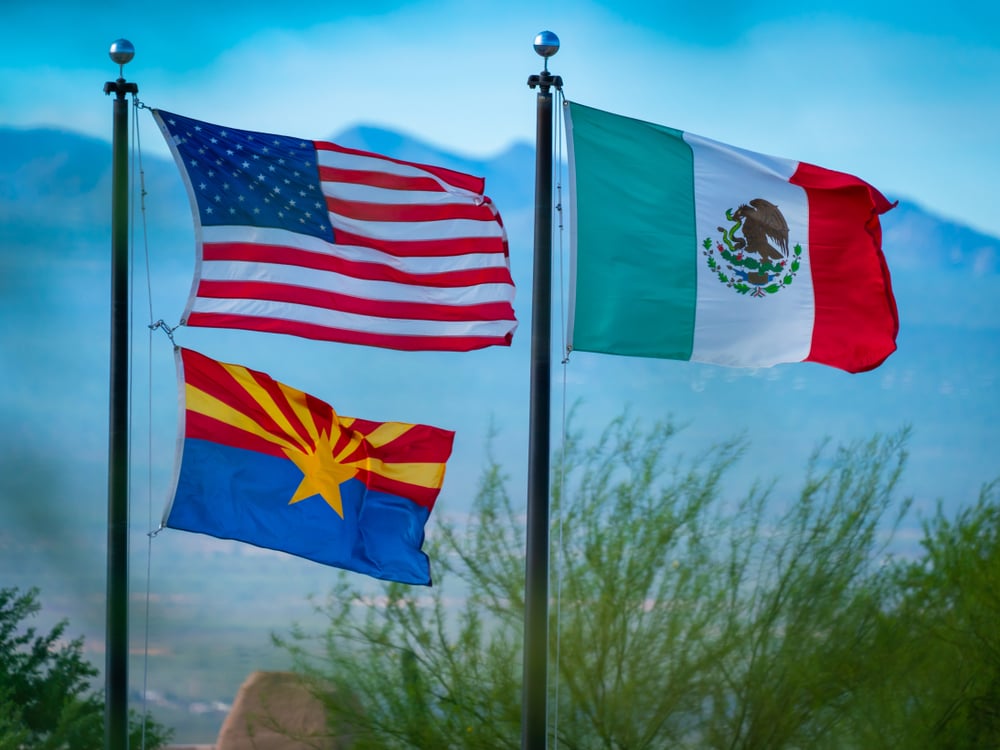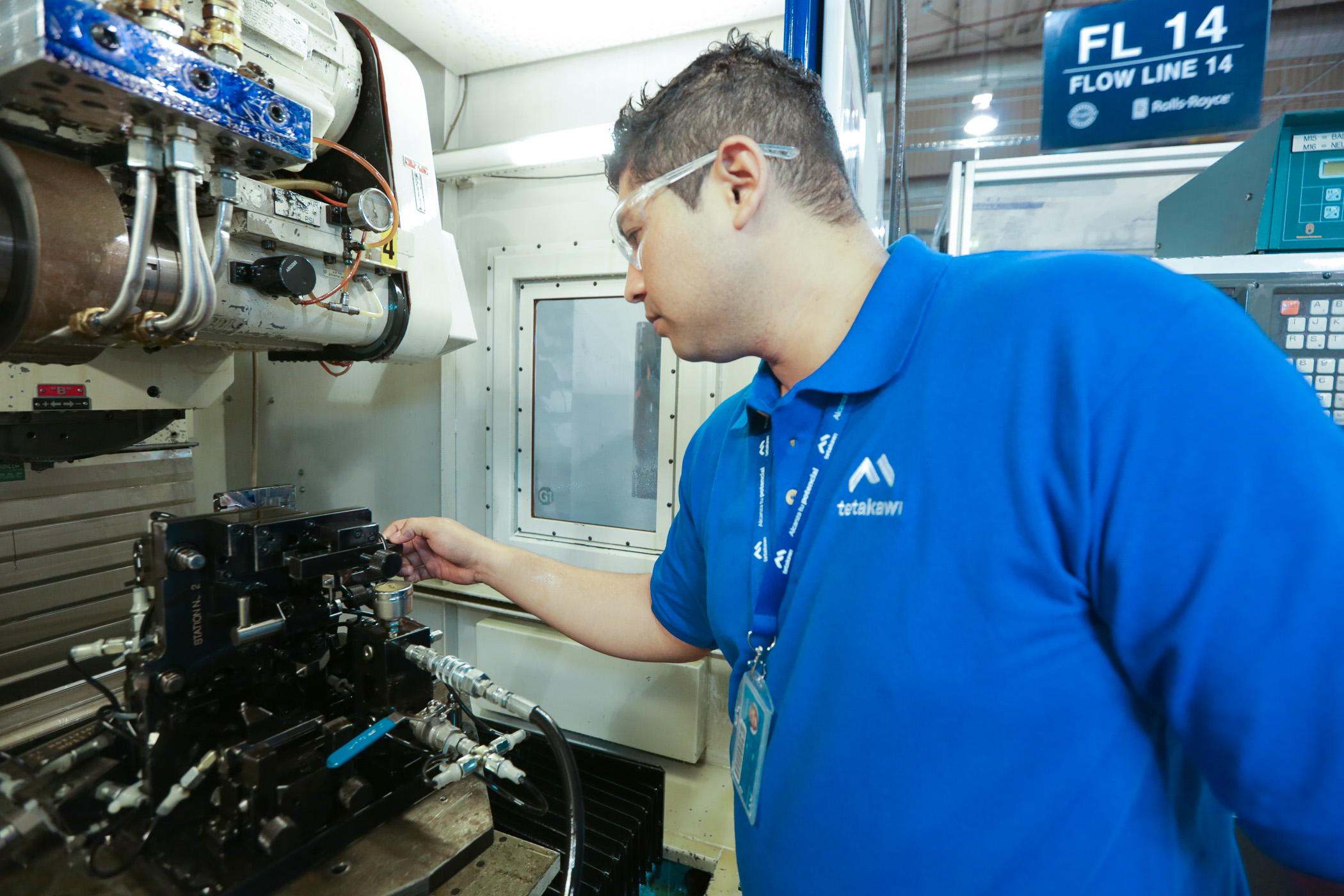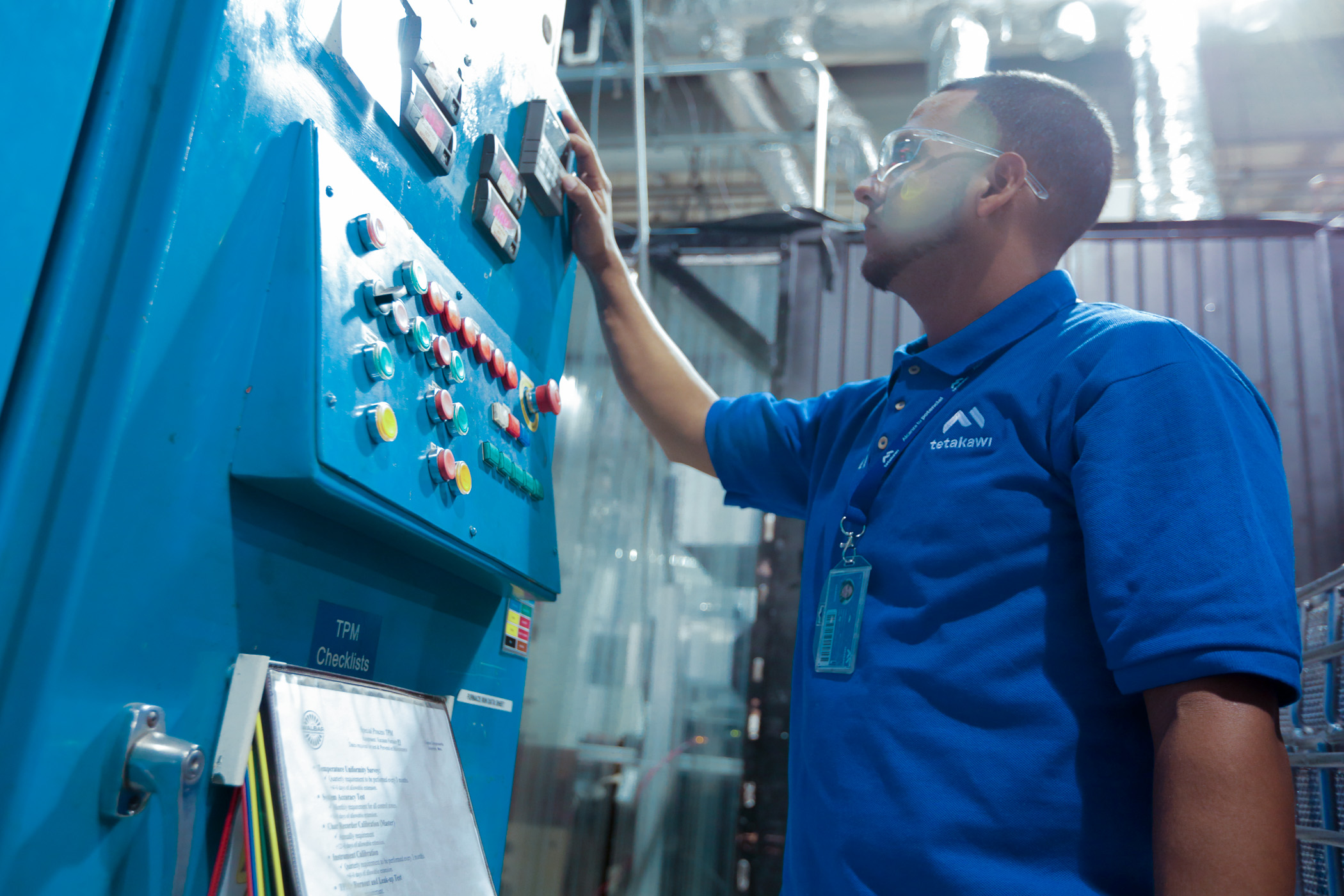The main industries in Arizona have long been aerospace and electronics manufacturing. However, there has recently been a boom in the Phoenix automotive industry. What makes Phoenix the new hot spot for electric vehicle manufacturing is its central location to a supply chain corridor largely positioned around the automotive manufacturing excellence seated in Sonora, Mexico.
As Sandra Watson, CEO of the Arizona Commerce Authority, told Auto News, proximity to Mexico is a key advantage for the growing Phoenix electric vehicle manufacturing industry. “As we worked closely to help Lucid with its supply base, we not only had suppliers here in Arizona, but also [we were] able to tap into the supply base all across Mexico,” Watson told the publication.
With three electric vehicle manufacturing plants in Phoenix announced within 16 months, there’s every reason for suppliers to consider adapting to this shift in automotive manufacturing dynamics. While Phoenix has much to offer, many manufacturers may find that a factory in Hermosillo, Guaymas, Emplame, or elsewhere across Sonora can balance OEM proximity with competitive cost savings.
Who makes electric cars in Arizona?
First, there was Lucid Motors. In Dec. 2020, the California-based luxury electric vehicle (EV) manufacturer completed construction of its $700 million advanced manufacturing EV plant in Casa Grande, on the outskirts of Phoenix. It’s aiming to ramp up production with an initial capacity of 30,000 customer-ordered production cars.
The Phoenix automotive industry continued to grow when hydrogen-electric commercial truck startup Nikola began constructing a 1 million-square-foot manufacturing smart factory in neighboring Coolidge, Arizona. The first phase of construction is scheduled to be completed in late 2021.
Finally, in May 2021, Canadian EV startup ElectraMeccanica broke ground on its electric vehicle assembly and engineering plant in Mesa, a suburb just east of Phoenix. The company plans to build 20,000 of its SOLO EVs in its first year of operation. It aims to employ 500 people at the plant.
However, the growing Phoenix electric vehicle industry is only one part of this story. The driver behind this trend is primarily based around the existing and expanding electric vehicle supply chain.
How electric cars will affect the automotive supply chain
EV production is disrupting the traditional automotive manufacturing supply chain in major ways. In addition to driving major changes around what is sourced, it’s encouraging more suppliers to move production of those key components to North America to benefit from USMCA tax advantages.
Chief among these components, of course, is the lithium-ion batteries that have largely been produced in Asia. However, Chinese company Ganfeng and British minerals company Bacanora, both partners in Sonora’s lithium mine, are seeking to shift more production of this critical part to Mexico. Many OEMs are considering ways to make battery cells and other EV components in-house.
Semiconductors are another component in hot demand. These chips are powering the computers behind traditional combustion vehicles but stand to create more demand as EV manufacturing increases. While sourcing semiconductors has been a significant challenge in the face of increasing demand from both automotive and electronics manufacturing industries, Phoenix has a fix.
The Taiwan Semiconductor Manufacturing Co. announced in late 2020 it will build its first U.S. plant in the Phoenix area to create more capacity for the Phoenix automotive industry and other North American customers. Just after this announcement, U.S. semiconductor manufacturer Intel committed to building two chip foundries in Arizona to boost its chip capacity.
There’s a reason these manufacturers are exploring Arizona. Less than a three-hour drive south of Phoenix along I-10 is the border town of Nogales, Sonora. It’s another three hours along Mexico highway 15 to the automotive manufacturing powerhouse that is Hermosillo, Sonora, and the dense network of suppliers that have clustered there since Ford Motor Co. established its plant there in the 1980s.
Mexico manufacturing infrastructure
Easy connectivity is one reason Phoenix and Hermosillo, the capital of the state of Sonora, established a sister city relationship back in 1976. Flights for Phoenix regularly leave via Hermosillo International Airport, which serves more than 1.3 million travelers annually. The city sits only a 60-minute drive from Guaymas and its deep-water port and is also a hub for international rail service.
However, Mexico offers a clear advantage to the Phoenix automotive industry for many automotive suppliers seeking to compete in an increasingly competitive field. Mexico is a strong source of highly skilled labor available at much lower wages than available in the U.S. Even with minimum wage increases in Mexico that aim to improve conditions for millions of workers, Mexico still provides a much more affordable operating environment than the United States and even China, which has long been a low-cost center of manufacturing. Once freight shipments are factored in, Mexico becomes a clear winner over other low-cost manufacturing countries for U.S.-based companies.
Many regions across Mexico also provide affordable real estate. Add to this the potential of pairing move-in ready or built-to-suit facilities with support services, and many manufacturing companies find that they can reduce costs with a location in Mexico without compromising on quality. More importantly—as the rapidly pivoting phoenix electric vehicle industry demonstrates—a location in Mexico can help manufacturers quickly launch a product into the market to get ahead of their competitors. With the support of a shelter service provider like Tetakawi, companies can set up a maquiladora in as little as 30 days.
Manufacturers seeking the benefits of working in Mexico have an expansive new option for industrial space in Hermosillo. The new Rio Sonora Manufacturing Community provides abundant access to water, reliable power and gas supply, and world-class security standards. When paired with any of Tetakawi’s abundant support services, manufacturers can focus on what they do best.
To learn more about whether a manufacturing operation in Mexico could be right for you, contact Tetakawi today.
Subscribe
Sign up and stay informed with tips, updates, and best practices for manufacturing in Mexico.





